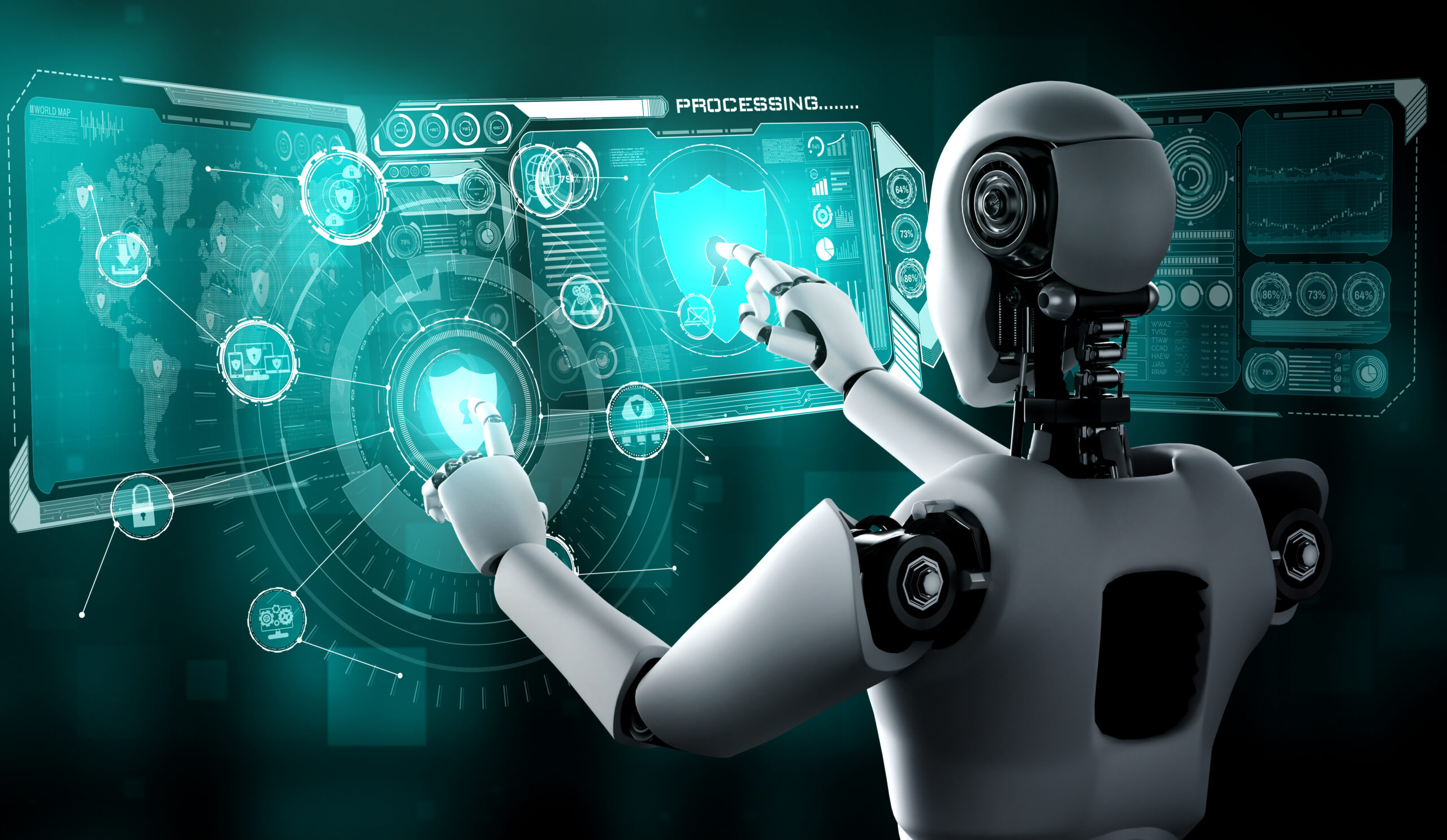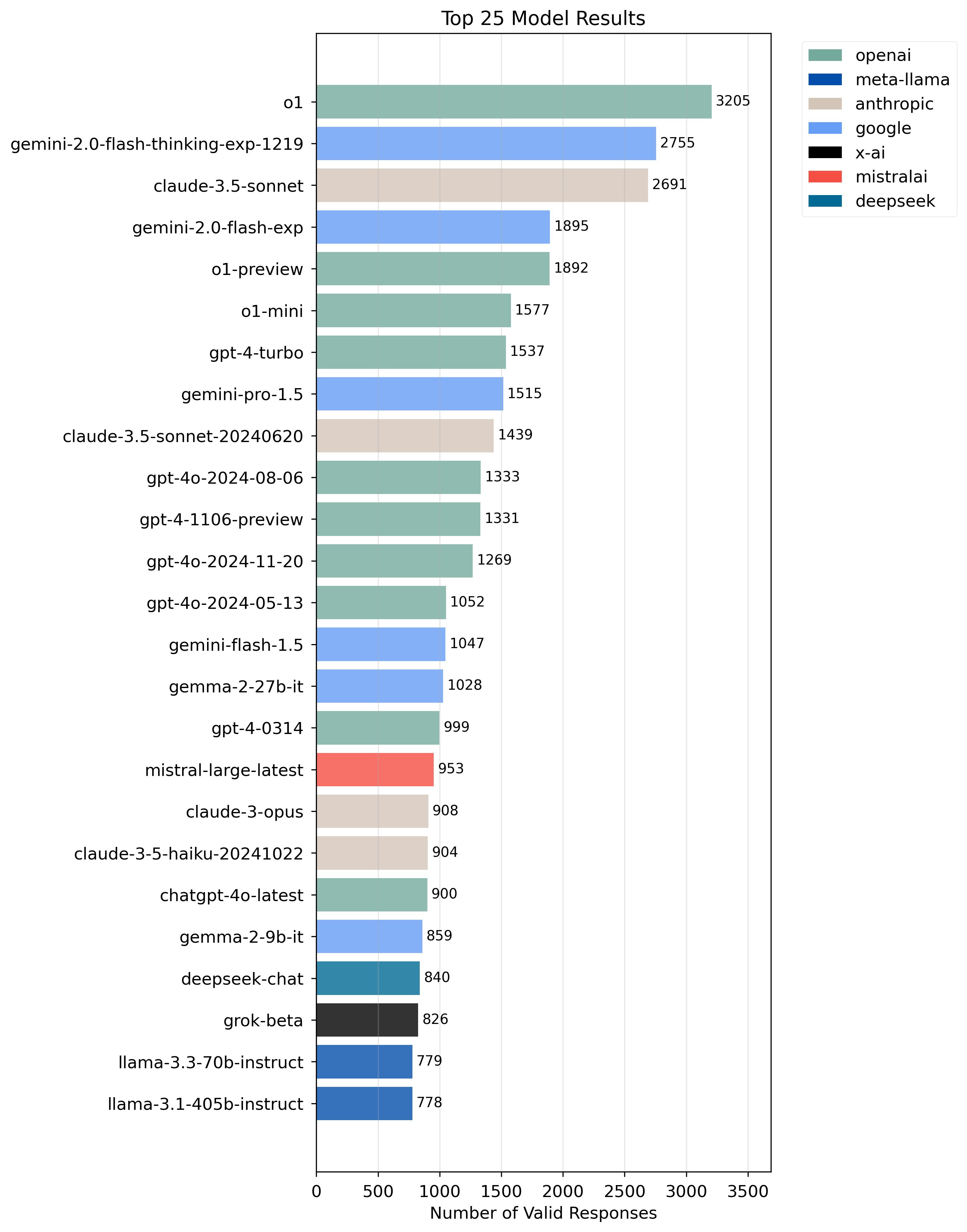Richard Whittle receives financing from the ESRC, Research England and was the recipient of a CAPE Fellowship.
Stuart Mills does not work for, speak with, own shares in or receive financing from any company or organisation that would benefit from this article, and has actually divulged no relevant affiliations beyond their scholastic appointment.
Partners
University of Salford and University of Leeds supply financing as establishing partners of The Conversation UK.
View all partners
Before January 27 2025, it's reasonable to say that Chinese tech business DeepSeek was flying under the radar. And after that it came drastically into view.
Suddenly, everyone was talking about it - not least the shareholders and executives at US tech companies like Nvidia, Microsoft and Google, which all saw their business values tumble thanks to the success of this AI start-up research study laboratory.

Founded by a successful Chinese hedge fund manager, the laboratory has taken a various approach to expert system. One of the significant distinctions is cost.
The development costs for Open AI's ChatGPT-4 were stated to be in excess of US$ 100 million (₤ 81 million). DeepSeek's R1 design - which is utilized to generate material, yewiki.org fix reasoning issues and create computer code - was reportedly made using much fewer, less powerful computer system chips than the similarity GPT-4, leading to expenses claimed (but unverified) to be as low as US$ 6 million.
This has both financial and geopolitical results. China goes through US sanctions on importing the most sophisticated computer system chips. But the fact that a Chinese startup has actually been able to build such an innovative model raises questions about the effectiveness of these sanctions, and whether Chinese innovators can work around them.
The timing of DeepSeek's brand-new release on January 20, as Donald Trump was being sworn in as president, indicated a difficulty to US supremacy in AI. Trump responded by describing the moment as a "wake-up call".
From a monetary viewpoint, the most obvious result may be on consumers. Unlike rivals such as OpenAI, which just recently began charging US$ 200 each month for access to their premium models, DeepSeek's equivalent tools are currently complimentary. They are also "open source", enabling anyone to poke around in the code and reconfigure things as they want.
Low costs of development and effective usage of hardware appear to have paid for DeepSeek this cost benefit, and have already required some Chinese rivals to decrease their costs. Consumers should expect lower costs from other AI services too.
Artificial financial investment
Longer term - which, in the AI market, can still be extremely quickly - the success of DeepSeek could have a big impact on AI investment.
%20Is%20Used%20In%20Biometrics.jpg)
This is due to the fact that up until now, almost all of the huge AI companies - OpenAI, Meta, photorum.eclat-mauve.fr Google - have actually been struggling to commercialise their designs and pay.
Until now, forum.pinoo.com.tr this was not always a problem. Companies like Twitter and Uber went years without making profits, prioritising a commanding market share (lots of users) rather.
And business like OpenAI have been doing the exact same. In exchange for constant investment from hedge funds and forum.batman.gainedge.org other organisations, they assure to construct even more effective designs.
These designs, the business pitch most likely goes, memorial-genweb.org will enormously improve productivity and then profitability for services, which will end up pleased to pay for AI items. In the mean time, all the tech business require to do is gather more information, purchase more powerful chips (and more of them), and develop their designs for longer.
But this costs a great deal of money.

Nvidia's Blackwell chip - the world's most effective AI chip to date - costs around US$ 40,000 per unit, and AI companies typically need 10s of countless them. But up to now, AI business haven't really struggled to draw in the essential financial investment, even if the sums are big.
DeepSeek might change all this.
By showing that developments with existing (and maybe less sophisticated) hardware can accomplish similar performance, wiki-tb-service.com it has actually offered a caution that throwing money at AI is not guaranteed to settle.

For example, prior to January 20, it may have been presumed that the most innovative AI designs need huge information centres and other facilities. This indicated the likes of Google, Microsoft and smfsimple.com OpenAI would face limited competition due to the fact that of the high barriers (the large cost) to enter this industry.

Money concerns
But if those barriers to entry are much lower than everybody believes - as DeepSeek's success recommends - then numerous enormous AI investments suddenly look a lot riskier. Hence the abrupt result on huge tech share costs.
Shares in chipmaker Nvidia fell by around 17% and ASML, which produces the devices required to manufacture advanced chips, likewise saw its share cost fall. (While there has actually been a minor bounceback in Nvidia's stock rate, it appears to have actually settled listed below its previous highs, reflecting a new market truth.)
Nvidia and ASML are "pick-and-shovel" companies that make the tools needed to develop an item, rather than the item itself. (The term originates from the idea that in a goldrush, the only person ensured to earn money is the one selling the picks and shovels.)
The "shovels" they sell are chips and chip-making equipment. The fall in their share prices originated from the sense that if DeepSeek's much more affordable technique works, the billions of dollars of future sales that financiers have actually priced into these companies may not materialise.

For the likes of Microsoft, Google and Meta (OpenAI is not publicly traded), the expense of building advanced AI might now have fallen, suggesting these companies will need to invest less to stay competitive. That, for them, could be an advantage.
But there is now question as to whether these business can effectively monetise their AI programmes.
US stocks make up a historically large percentage of worldwide financial investment right now, and technology business make up a historically large percentage of the value of the US stock market. Losses in this industry may force financiers to sell other financial investments to cover their losses in tech, resulting in a whole-market decline.
And it shouldn't have come as a surprise. In 2023, a leaked Google memo warned that the AI industry was exposed to outsider interruption. The memo argued that AI business "had no moat" - no protection - against rival designs. DeepSeek's success may be the proof that this holds true.



